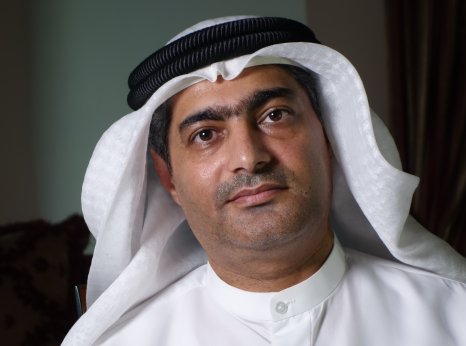United Arab Emirates: Ruling In Sham Mass Trial Set For 10 July

Multiple gross violations of the defendants’ fair trial rights have been observed since the beginning of the new mass trial on 7 December 2023, including authorities directing witness testimony, failure to disclose key details such as the exact charges or what articles of the law are being used to bring the charges, restrictions on lawyers sharing documents relating to the case with the defendants and their families and barring family members from attending hearings during the trial.
A month into the trial, on 6 January 2024, the UAE authorities finally announced the trial on the official news agency WAM, confirming the number of defendants on trial and the charges they were facing for ‘establishing another clandestine organisation for the purpose of committing acts of violence and terrorism on UAE soil’. Based on information from family members and the published WAM statement, the charges appear to be brought under the 2014 counterterrorism law and to be based on alleged membership in the Justice and Dignity Committee, a branch of the al-Islah movement, which is considered to be the Emirati version of the Muslim Brotherhood group. In the words of the 2013 indictment and judgment in the UAE 94 trial (see below), the Committee “undertook to raise society’s awareness of its rights,” “published articles about those rights,” and “worked to communicate with international rights organizations”.
On 19 January 2024 a number of United Nations experts said that “[they] are extremely concerned that the new charges brought against at least 84 members of civil society, including human rights defenders, activists and political dissidents, under the 2014 Counter-Terrorism Law violate international prohibitions on double jeopardy and retroactive criminal law.” Double jeopardy refers to the legal principle that a defendant cannot be tried or punished again in the same jurisdiction with a criminal offence if they have already been acquitted or convicted of that offence.
By 2014, the UAE effectively succeeded in shutting down the limited space that had existed for dissent in the country by arbitrarily detaining scores of Emirati nationals, including dozens who had signed a March 2011 petition for democratic reform addressed to the country’s rulers. In 2013, after a grossly unfair mass trial of 94 defendants, known as the UAE 94, 69 people were convicted and sentenced to between seven and 15-year prison terms, scores of them for their demands for reform and democracy. Under UAE law at the time, the judgement was final and not subject to appeal, in violation of international law. Of the 69 men sentenced, five received a seven-year prison sentence, 56 a 10-year prison sentence and eight were sentenced to 15 years in their absence. Sixty of those imprisoned in the case remain arbitrarily detained after having served their sentences.
Prominent human rights lawyer and former president of the UAE’s Jurists Association, Mohammed al-Roken, was arrested on 17 July 2012. He was sentenced in July 2013 to 10 years’ imprisonment, followed by three years’ probation, at the end of the UAE 94 trial. He should have been released from prison on 17 July 2022.
Human rights defender Ahmed Mansoor was arrested on 20 March 2017 and sentenced in May 2018 to 10 years’ imprisonment. He was convicted on charges including having "insulted the ‘status and prestige of the UAE and its symbols’, including its leaders”. Since his arrest, Ahmed Mansoor has been held in solitary confinement. Up until his arrest, he was the only independent voice still brave enough to speak out against human rights violations from inside the country after the end of the 2013 mass trial.
Human rights defender Nasser bin Ghaith is serving a 10-year prison sentence handed to him on 29 March 2017 by the Federal Appeal Court in Abu Dhabi. He was convicted on charges including “posting false information” about UAE leaders and their policies, based on comments he made on X (formerly Twitter) stating that an earlier trial of himself and four other Emiratis was unfair. During his trial in 2017, the authorities restricted his access to his lawyer and he was prevented from adequately preparing for his defence.